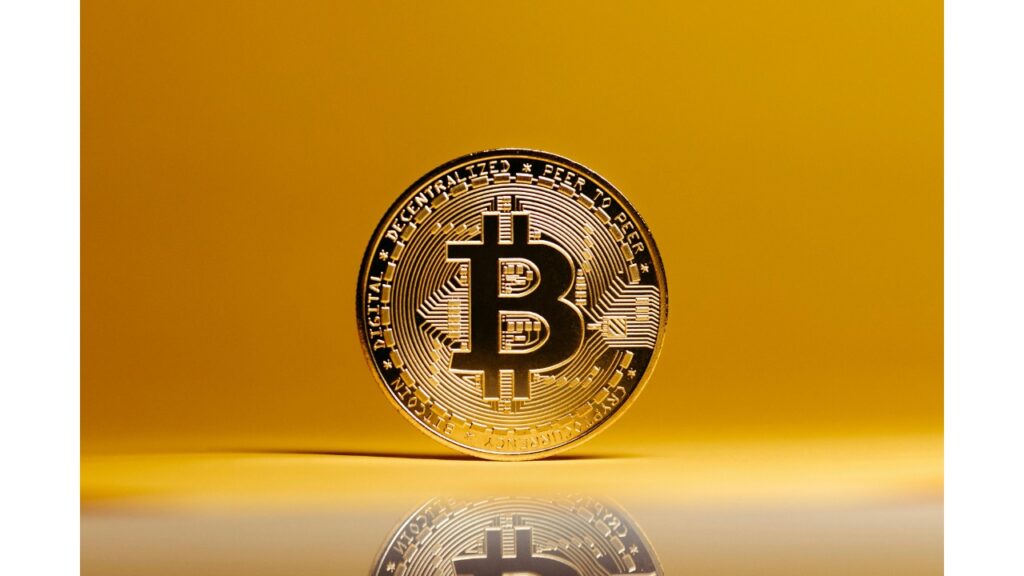Despite a past marred by instability and scandal, Hong Kong is aiming to establish itself as a center for cryptocurrency. In accordance with a new system, the city has authorized exchange-traded funds for Bitcoin and Ether and granted licenses to oversee virtual asset exchanges. The establishment of the regime is a component of Hong Kong’s attempt to draw talent and investment back to a city damaged by years of severe Covid-19 restrictions and a crackdown on dissent. Despite the restriction on cryptocurrencies on the mainland, Beijing seems to be quietly supporting the effort. The outcome is mixed: US competitors outperform the city’s cryptocurrency ETFs, while some significant exchanges choose not to apply for permits.
1. What are the regulations?
Retail investors may trade coins on exchanges that hold Securities and Futures Commission licenses under the regulations. According to Hong Kong, exchanges must guarantee that investors are aware of the dangers involved, and permitted tokens must be both large enough and liquid to be included in at least two reputable cryptocurrency indexes. To promote the usage of approved exchanges, restrictions are in the works for businesses and websites that convert cash into cryptocurrency. A stablecoin framework, which is backed by cash and bond reserves and is often pegged 1-1 to fiat money, is another project the city is working on.
2. Why is virtual assets being accepted in Hong Kong?
Hong Kong’s reputation as a leading financial center has been damaged by political upheaval and restrictions on liberties. One of the city’s initiatives to increase its attraction is to support a digital asset center. Virtual assets are “unstoppable new financial innovations” that should be welcomed, according to Financial Secretary Paul Chan. In addition to the tokens themselves, the government has approved ETFs that invest in CME Group Bitcoin and Ether futures. Additionally, it offered the first digital green bonds, which accelerate coupon payments and settlement through the use of blockchain technology.
3. Is this the first cryptocurrency venture in Hong Kong?
Before adopting a more dubious attitude, Hong Kong was formerly a hub for digital assets. The city saw the founding of exchanges including FTX and Crypto.com (formerly known as Monaco). The SFC operated a voluntary licensing program before the new administration. Though they are now the only platforms with complete permissions under the necessary standards, OSL and HashKey, two exchanges, choose to participate in that legacy framework. However, officials hope to add other exchanges to the roster.
3. Is this the first cryptocurrency venture in Hong Kong?
Before adopting a more dubious attitude, Hong Kong was formerly a hub for digital assets. The city saw the founding of exchanges including FTX and Crypto.com (formerly known as Monaco). The SFC operated a voluntary licensing program before the new administration. Though they are now the only platforms with complete permissions under the necessary standards, OSL and HashKey, two exchanges, choose to participate in that legacy framework. However, officials hope to add other exchanges to the roster.
4. In what way does the ban on cryptocurrency trading affect mainland China?
Concerns about capital control violations and environmental damage from energy-intensive Bitcoin mining led China to outlaw cryptocurrency trading in 2021. Against this environment, some people question if Hong Kong’s cryptocurrency pivot will hold up. According to some, the city is now Beijing’s digital asset testing ground. Because they lust for digital assets as investments or a way to get over restrictions on international transfers, Chinese nationals are said to be circumventing Beijing’s ban. However, to stay hidden from the authorities, Chinese money moving covertly would probably steer clear of Hong Kong’s controlled cryptocurrency hub.
5. What obstacles still exist?
Reactions to the cryptocurrency exchange licensing system that was implemented in the middle of 2023 were not uniform. Certain exchanges that have significant global trading volumes, like Bullish and Crypto.com, are moving toward obtaining complete permits. However, neither the biggest exchange in the world, Binance, nor the leading US platform, Coinbase, nor another well-liked platform, Kraken, applied. According to one industry perspective, the current opportunity is not worth the regulatory costs. Lingering regulatory uncertainty, hiring talent, and banking access are further possible obstacles. The city has pleaded with dubious lenders to back the industry.
6. How has the response been thus far overall?
Although digital asset companies have generally applauded Hong Kong for making the establishment of a crypto hub a top priority, they haven’t made many significant investments yet. The city’s regulations, which impose expenses for compliance and reporting that may discourage some businesses, support investor protection and aim to stop money laundering and financing of terrorism. In the race to become a crypto hub, Hong Kong is competing against places like Singapore and Dubai, so it’s unclear if the city will prevail.








